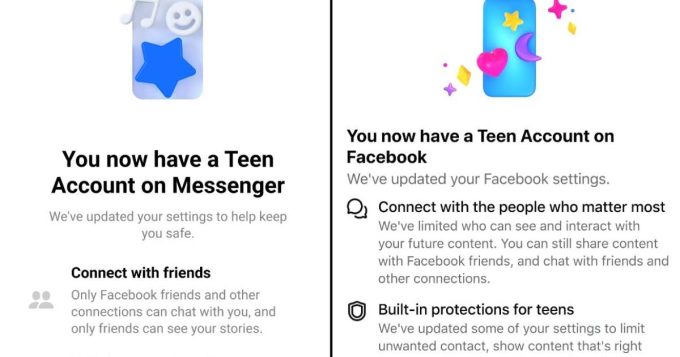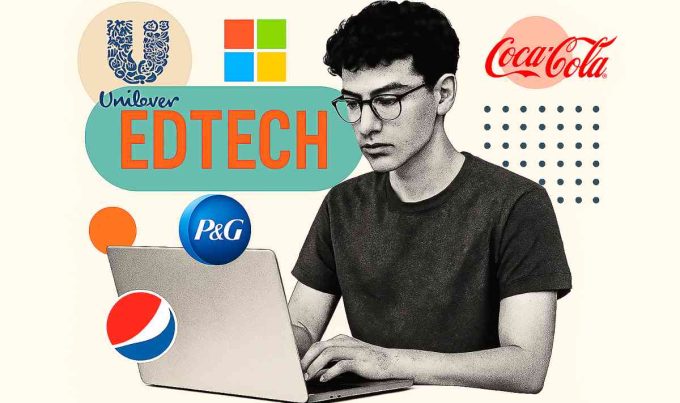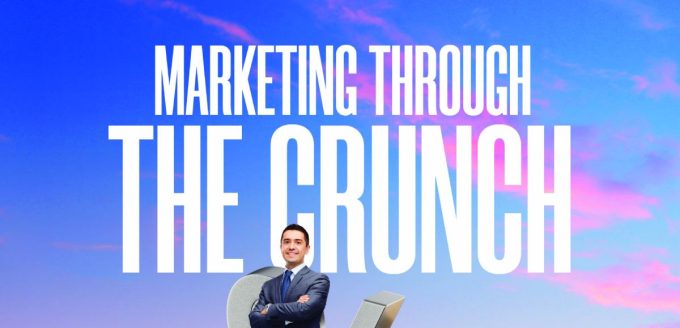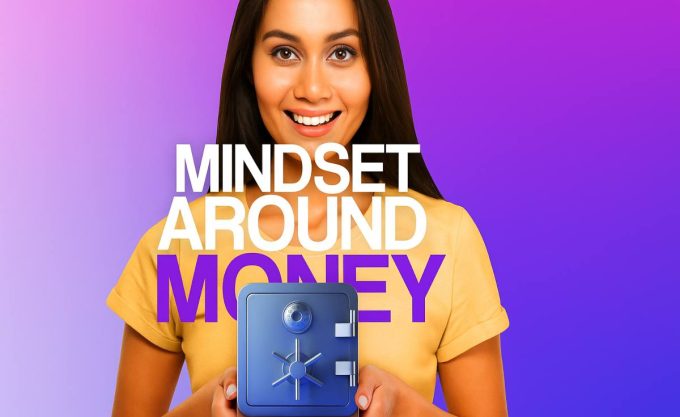The Rise of Overstimulation
Before you read this, I dare you, no, I triple dare you, not to check your phone. Don’t glance, sneak or peek at your phone, smart watch or whatever gadget you have around. Let’s see if you can last longer than a goldfish.
Growing up, my sister and I watched Laura Vitale, this American-Italian woman, cooking and telling us stories of her nonna, those 10-minute-long videos of making pasta from scratch, laughing charmingly, and explaining every single step felt like a minute. Although they were slow but they were also immersive and engaging.
Then, in what felt like the blink of an eye, Laura’s detailed explanations were swapped for Tasty’s 60-second recipe videos. Everything Laura did, Tasty compressed it into a minute; fast-paced, visually explosive, and ridiculously easy to digest. And guess what? I loved it. Until, of course, even a minute felt too long, and I found myself consuming 30-second reels for hours on end.
That’s 120 videos in an hour. My brain was fried, but did I realise it at the time? Absolutely not. The fast, flashy edits held my attention hostage, and before I knew it, if a video didn’t captivate me in the first two seconds, I skipped it. Soon enough, my attention span was the same as a goldfish.
I know I’m not alone in this—brands tailor content to suit us. We’ve collectively lost the ability to sit still. We refuse to tolerate boredom. We overstimulate ourselves, feed our dopamine addiction, and obsess over screens. We’ve made it impossible to exist without the constant hum of digital noise.
When did we become this way? Weren’t we meant to farm and make our own butter? Instead, we’re mindless zombies scrolling our lives away, all in the pursuit of the next dopamine hit. But as horrifying as this sounds, the bite-sized content revolution isn’t all that bad.

The Overstimulated Brain: A Fish Market on Fire
Our brains didn’t evolve to handle this level of constant stimulation. We’re single-minded creatures, we process one, maybe two thoughts at a time. Once upon a time, humans hunted, gathered, and sometimes fell prey to bears. Now, we wake up, grab our phones, and flood our neurons with updates, notifications, and an endless sea of content even before brushing our teeth. It is causing us to be mentally exhausted constantly.
Every notification, every like, every new video triggers a dopamine rush; the same chemical linked to pleasure and addiction. Our brains have adapted to this high-speed content diet, making slower, deeper forms of engagement feel unbearably tedious. Reading a book or a newspaper is the thing of the past. Even a ten-minute video now feels like an eternity.
And here’s the amazing part! We don’t even realise it’s happening. We feel fine, convinced we’re in control, until we try to sit in silence for five minutes and feel dying.

The Numbers Don’t Lie (But They Will Depress You)
If you thought you were just imagining things, here’s some cold, hard data:
- In the year 2000, the average human attention span was 12 seconds..
- By 2025, it has dropped to 8.25 seconds, shorter than a goldfish.
- Gen Z’s attention span? 6-8 seconds.
- Baby Boomers? A solid twenty seconds.
We’ve become headline readers, forming opinions based on tweets and five-second soundbites rather than in-depth analysis. The rise of hot takes means depth is sacrificed for speed, and conversations are condensed into bite-sized arguments. And the worst part? Social media platforms have no incentive to fix this. The more we scroll, the more we engage, and the more they profit.
The Rise of Bite-Sized Everything
We’ve entered an era where the shorter and easier the content is to consume, is what wins. Facebook, Instagram Reels, and YouTube Shorts have changed the game. People now spend hours consuming short-form content, while long-form media struggles to keep up. Think about it. we cannot even sit through a three-minute music video anymore.
Creators now have mere seconds to capture attention before viewers scroll away, leading to increasingly flashy and fast-paced content. Traditional media, including books, newspapers, and music videos, are struggling to compete. Everything is optimised for instant gratification because if it doesn’t hook us immediately, we move on.
This shift is reshaping industries across the board:
- Marketing has gone micro-attention-focused—short, punchy videos are now the gold standard.
- Storytelling has evolved—complex narratives are being compressed into bite-sized visuals.
- News is becoming more fragmented—we consume world events through summarised headlines rather than full articles.
And as we become more accustomed to this format, our tolerance for depth and patience diminishes. But will we ever go back to reading newspapers and magazines and two-hour movies without checking our phones?

Are We Doomed?
I’m not saying you should delete your social media and start sending letters via pigeons. But we need to become more intentional about how we consume content. Because if we don’t, we risk losing our ability to focus on anything meaningful ever again.
Here’s how to be better:
- Be Intentional – Mindless scrolling = brain rot. Set a time limit and actually stick to it.
- Reintroduce Deep Focus – Read a book. Watch a full-length film without checking your phone. Train your brain to sit with complex ideas again.
- Take Digital Detoxes – Step away from screens regularly. Your brain needs to breathe.
- Curate Your Feed – Unfollow accounts that encourage doomscrolling. Follow the ones that add actual value.
- Learn to Be Bored Again – Creativity thrives in boredom, but we never let ourselves be bored anymore. Think of the Greeks and how much the Romantics wanted to not do anything to be able to write!
We are overstimulated, screen-obsessed dopamine addicts, and while that sounds dramatic, it’s not entirely wrong. The world is moving faster than ever, and our brains are struggling to keep up with it. So, the real question is: Do we keep scrolling until our attention spans hit zero? Or do we take back control? The choice is yours.
And if you made it to the end of this article without checking your phone, congratulations. You’re already ahead of the curve.










